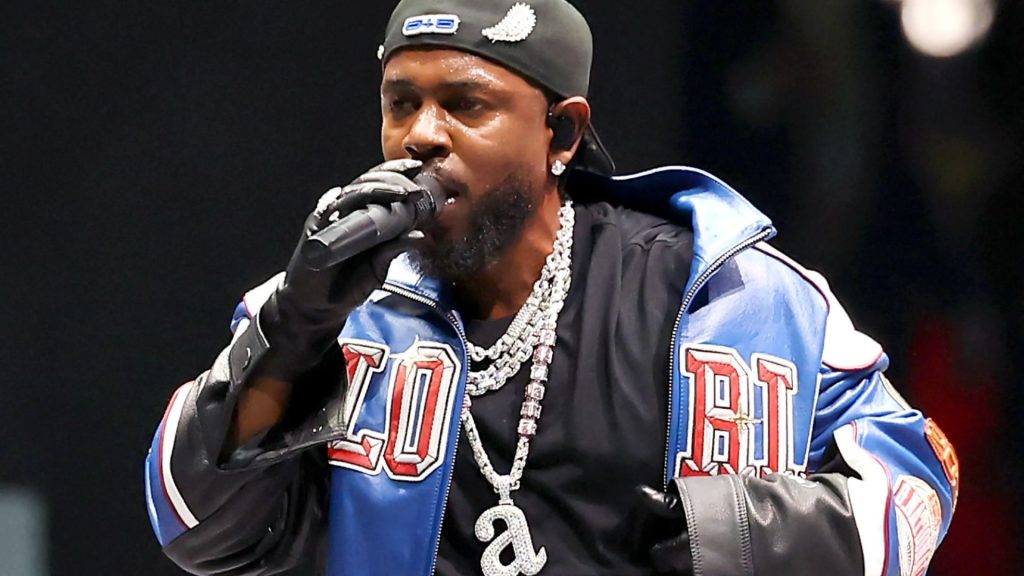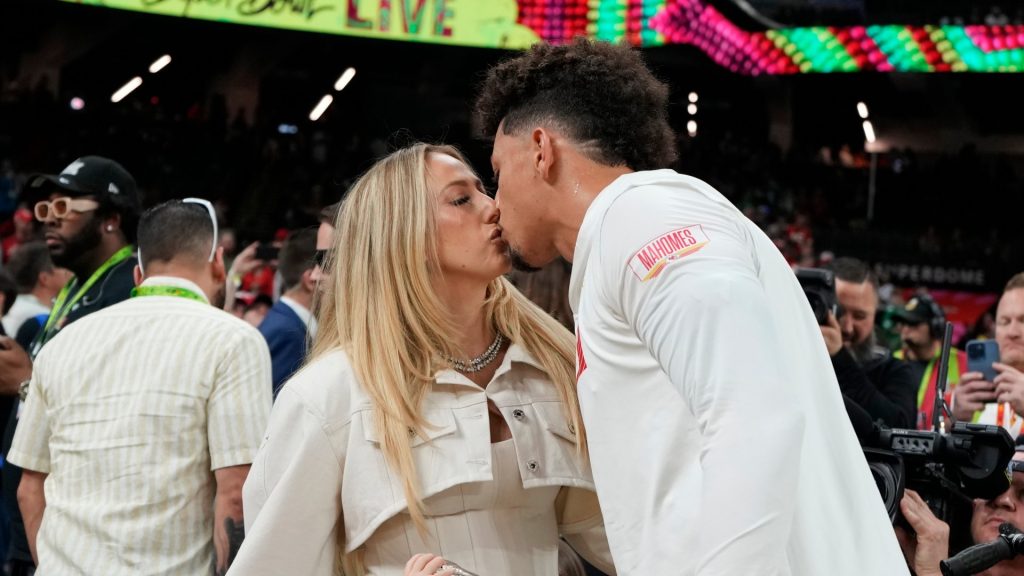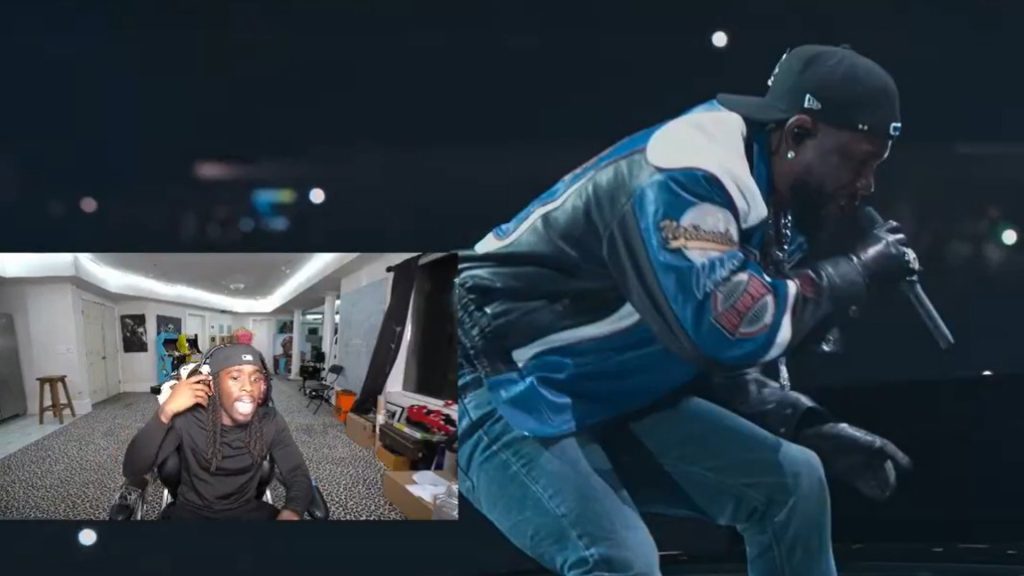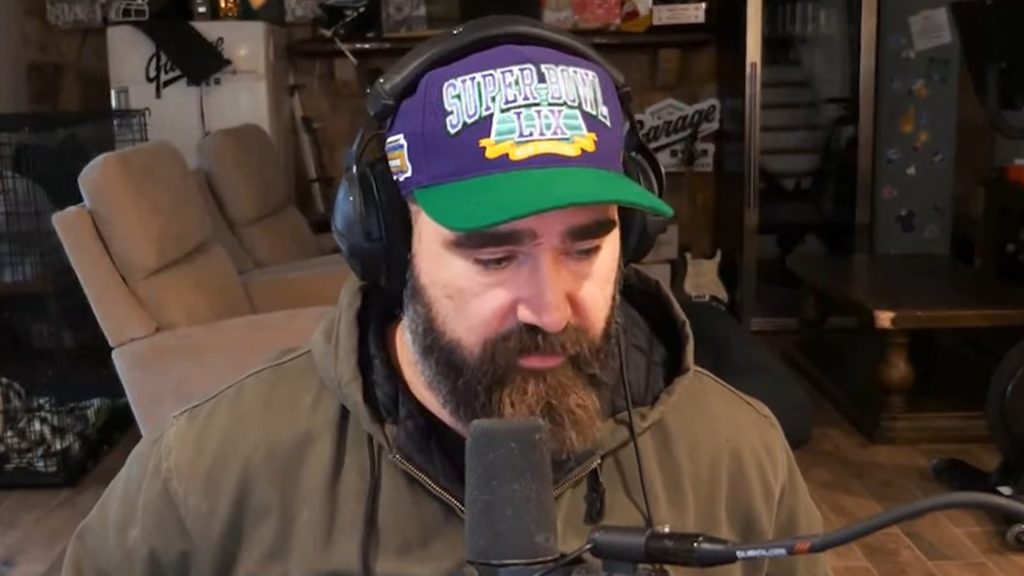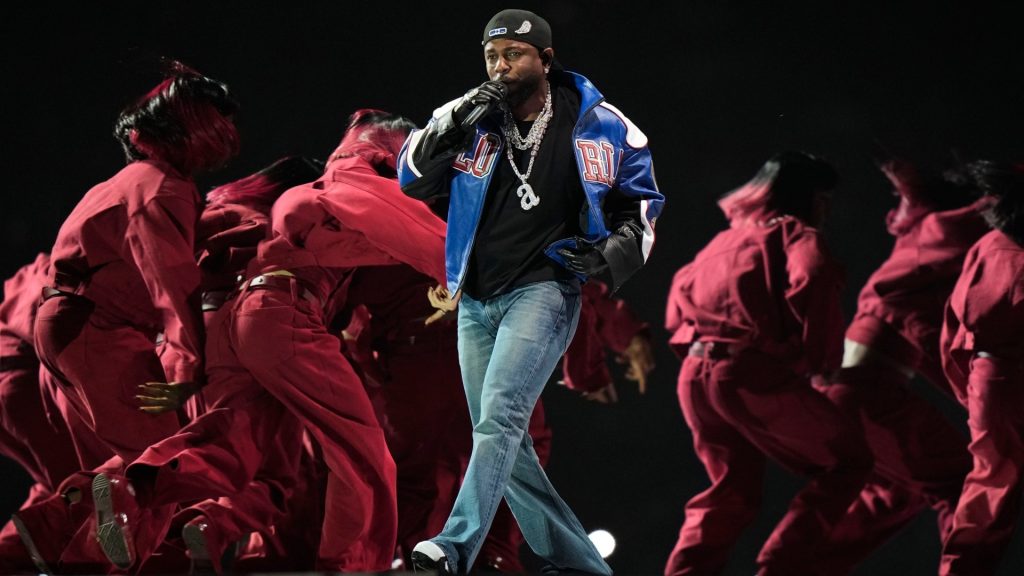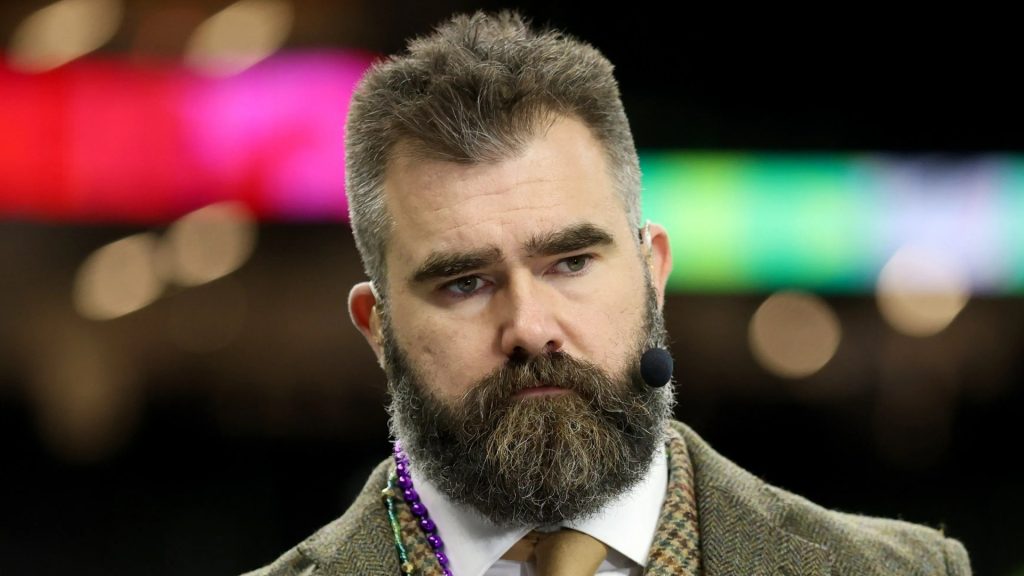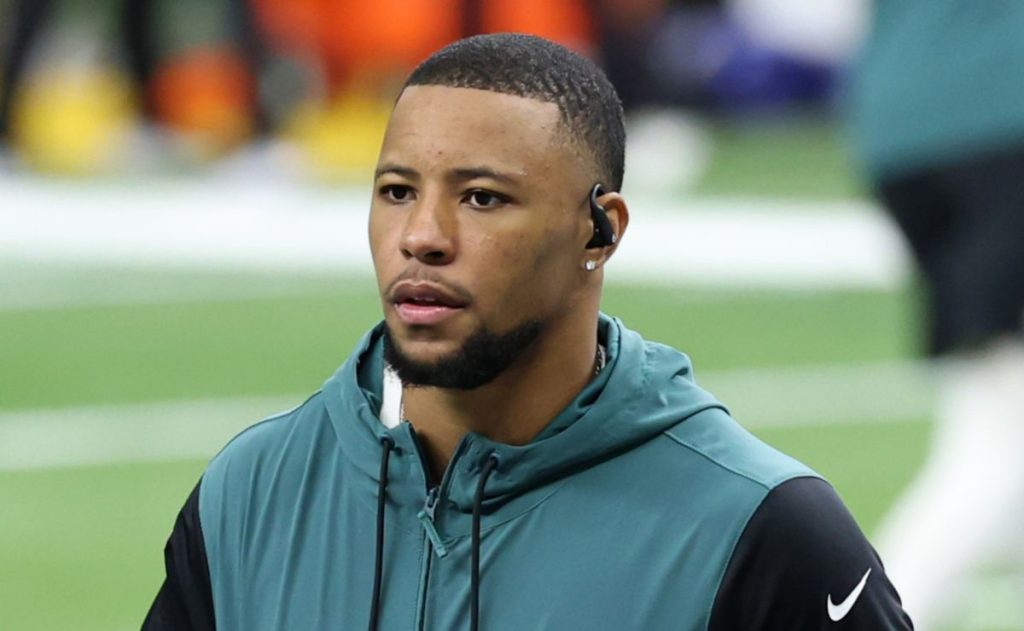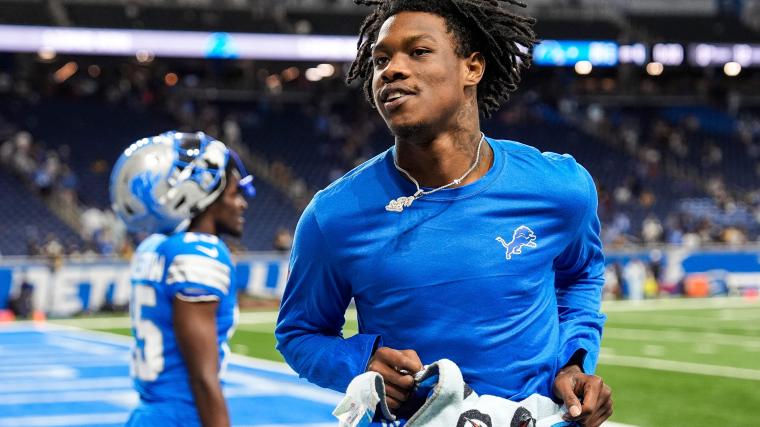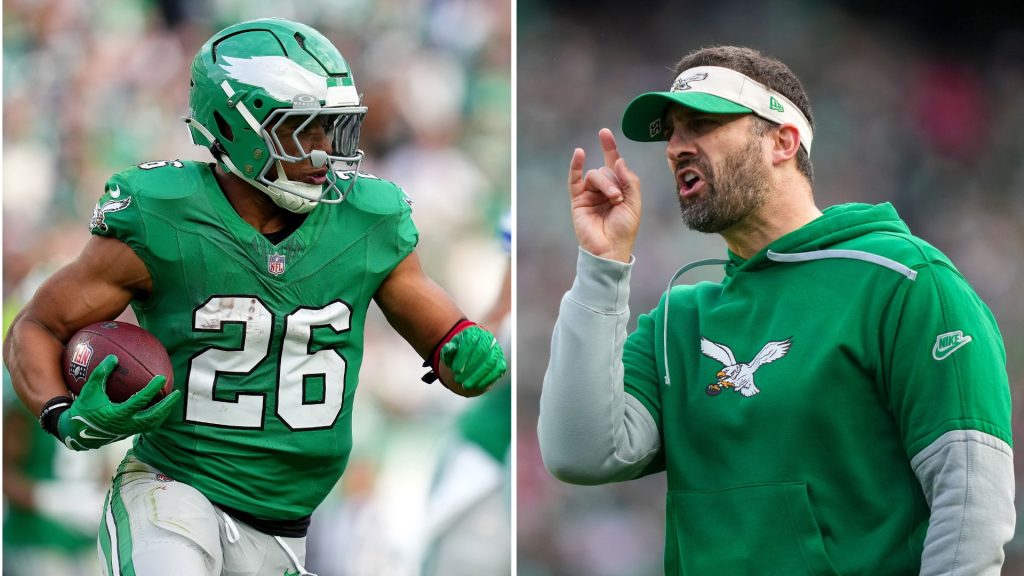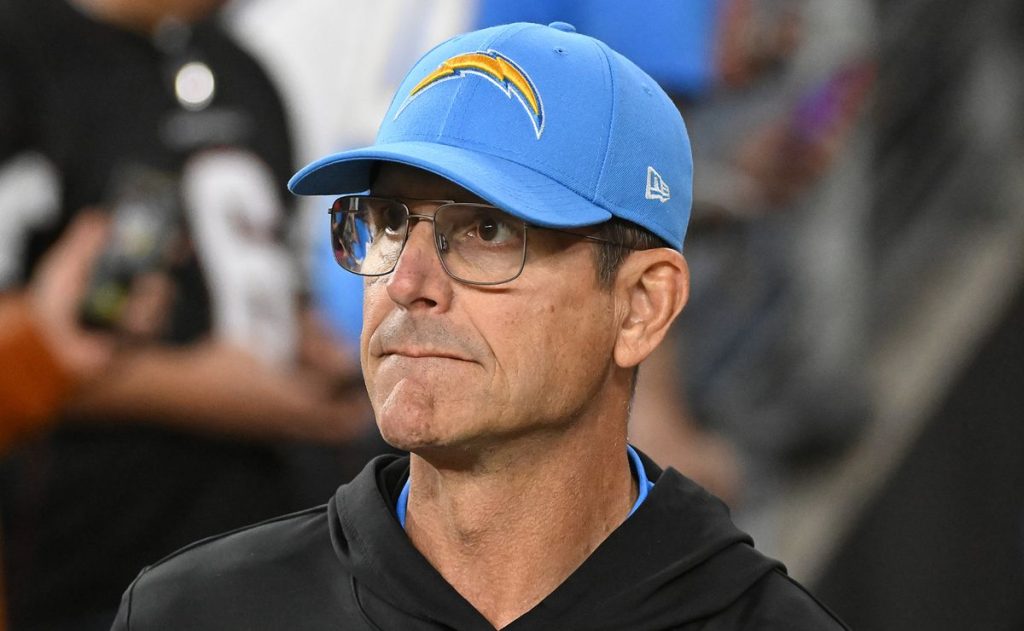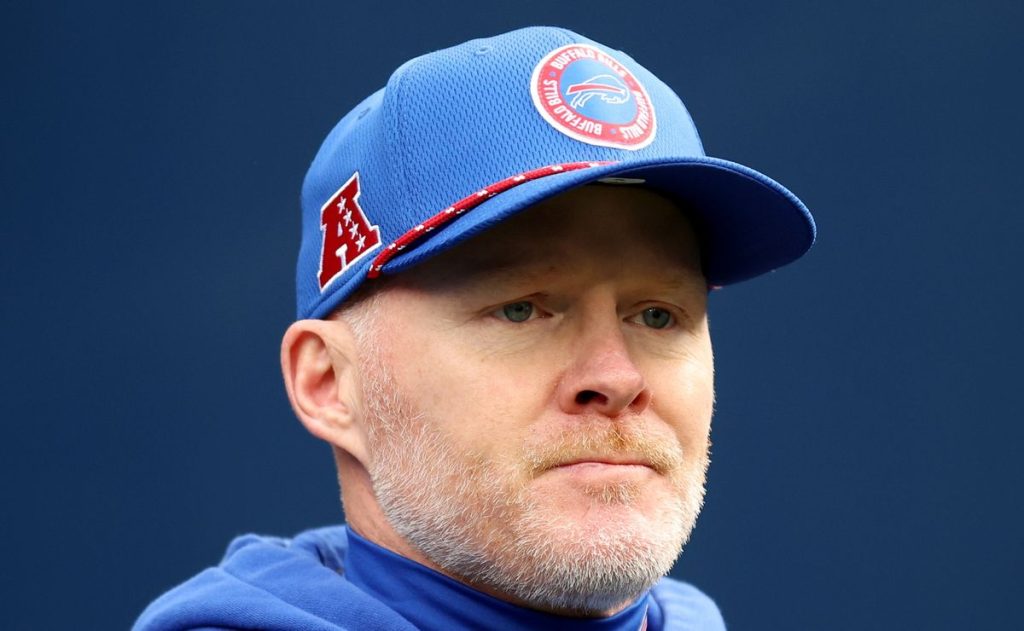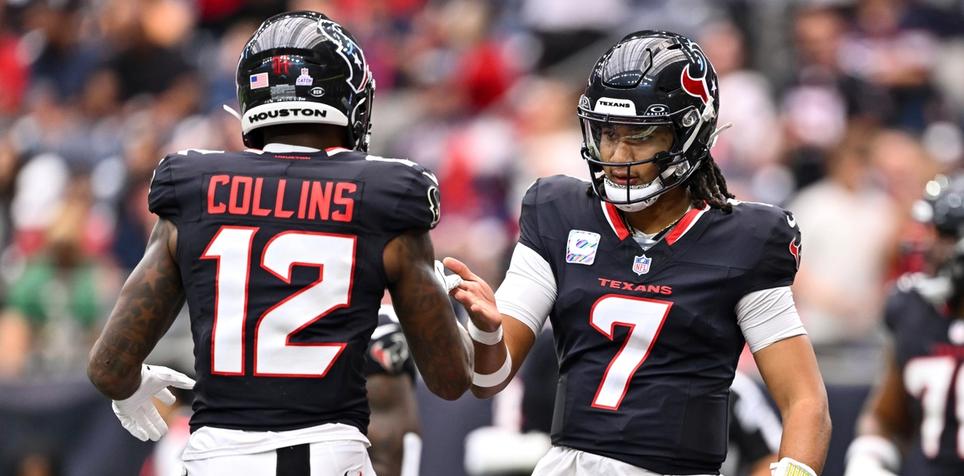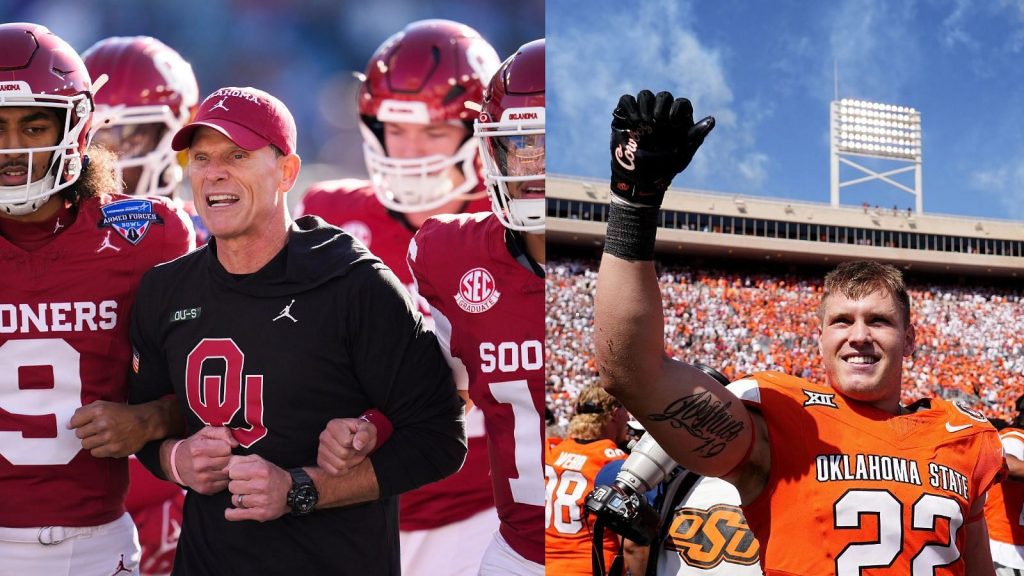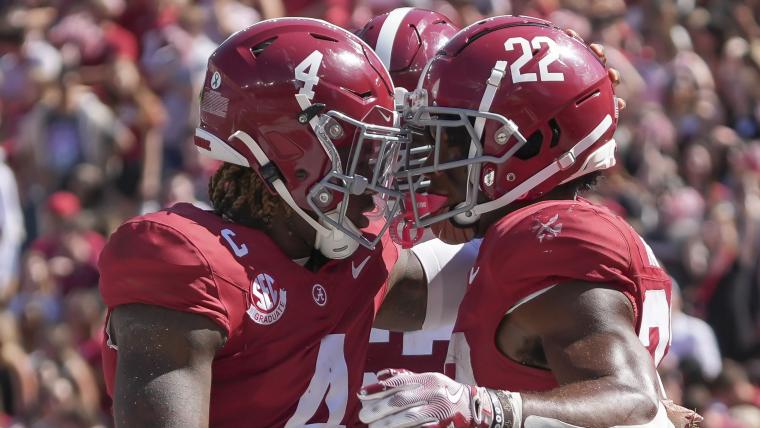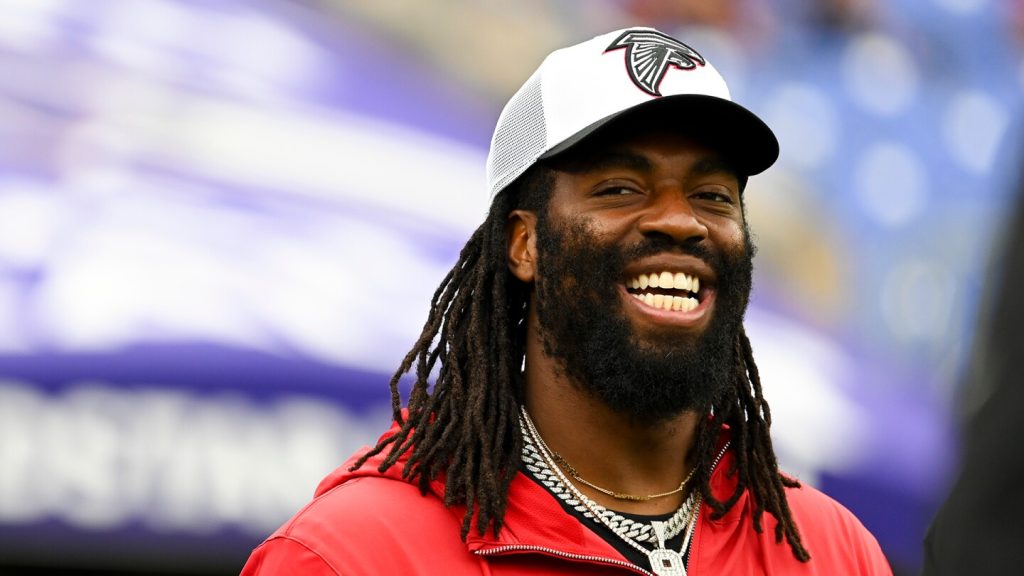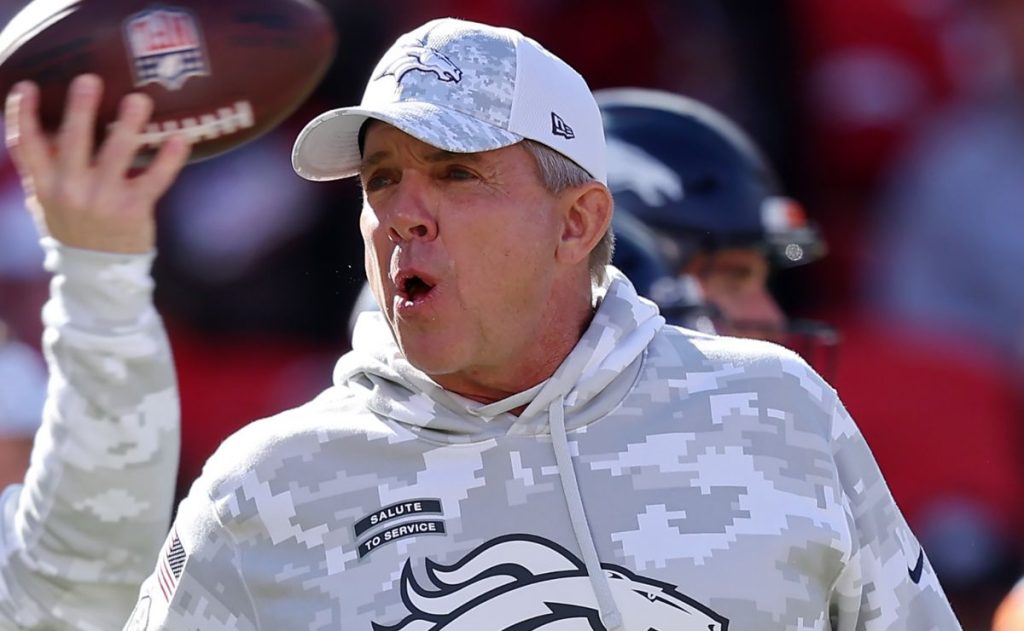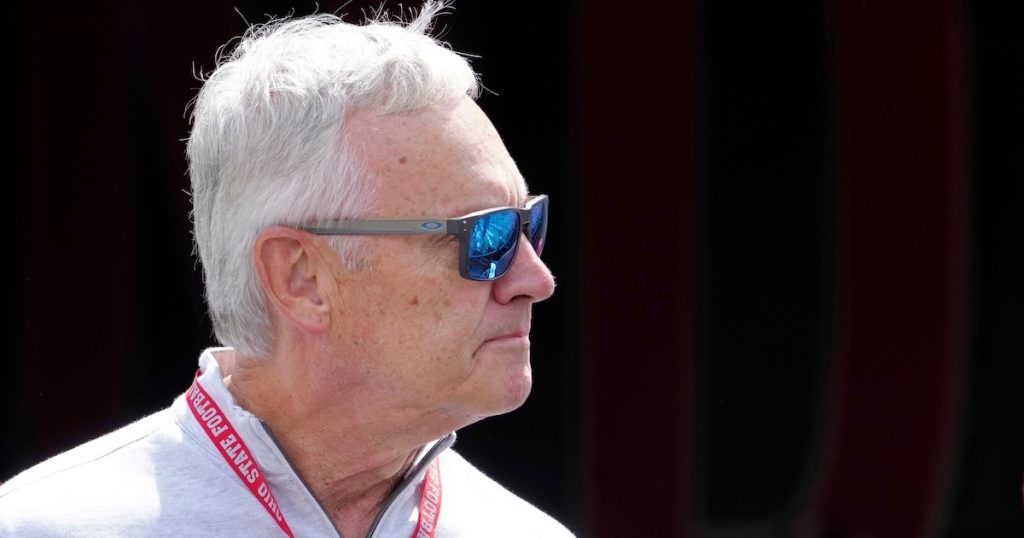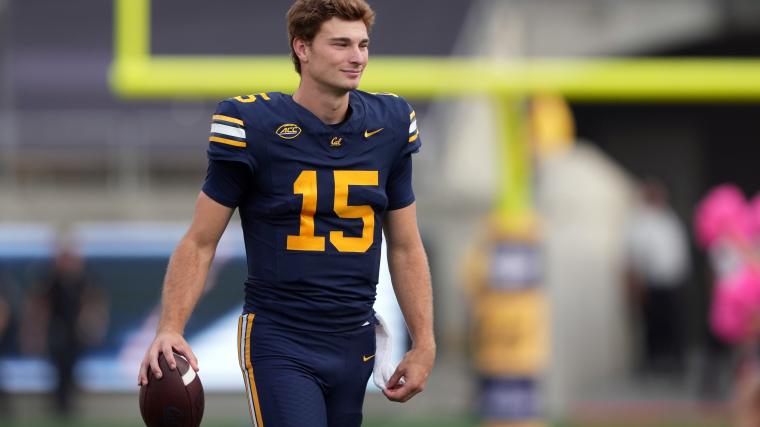Skip Bayless recently revealed that the NFL sent a letter of apology to rapper Lil Wayne after the league chose Kendrick Lamar to perform at the Super Bowl halftime show. This decision has sparked a wave of disappointment, especially considering Lil Wayne’s deep-rooted connection to New Orleans, where he was born and raised.
Lil Wayne, whose real name is Dwayne Michael Carter Jr., was notably overlooked for the high-profile performance in his home city. This snub has not only upset the rapper but also ignited outrage among fans and commentators alike. Bayless, a well-known sports commentator and friend of Lil Wayne, expressed his frustration over the situation, emphasizing the rapper’s significant contributions to the NFL over the years.
Skip Bayless speaks out
During a recent episode of his YouTube show, Bayless shared details about the NFL’s apology to Lil Wayne. He stated, “The NFL immediately sent Wayne a letter of apology,” which was delivered on official NFL letterhead. This letter acknowledged Lil Wayne’s long-standing support for the league, not just as a fan of the Green Bay Packers but also as a promoter of the NFL in general.
Lil Wayne has been a regular presence on the NFL’s Sunday pregame show, “NFL GameDay Morning,” showcasing his dedication to the sport. However, despite his contributions, he was not selected to perform during the halftime show, which left him feeling disheartened. Bayless recounted that Lil Wayne would not be tuning in to watch the halftime performance, stating, “He will watch the game, just not the halftime show. Not one second.”
The impact of the snub
The emotional toll of this snub was significant for Lil Wayne. Bayless described how the news hit the rapper hard, leaving him feeling unmotivated for several days. “When the news first broke, it hit Wayne hard,” Bayless said. “He didn’t feel like doing much of anything for several long days and nights. He’s better now.”
Lil Wayne himself addressed the disappointment during an Instagram Live session, admitting, “I blame myself for not being mentally prepared for a letdown and for just automatically mentally putting myself in that position.” He expressed his belief that performing in his home city would have been a dream opportunity, stating, “I thought there was nothing better than that spot, that stage, that platform, in my city. So it hurt, it hurt a whole lot.”
Kendrick Lamar’s performance
The halftime show, featuring Kendrick Lamar, did not go without its own controversies. While some fans were excited about the performance, many others criticized it as one of the worst in Super Bowl history. Lamar’s choice to perform “Not Like Us,” a diss track aimed at his rap rival Drake, raised eyebrows, especially as tennis star Serena Williams danced on the field during the performance.
The Philadelphia Eagles triumphed over the Kansas City Chiefs with a score of 40-22 in the Super Bowl, but the halftime show became a talking point for all the wrong reasons. Fans were left questioning the NFL’s choice of performer, particularly in light of Lil Wayne’s connection to New Orleans.
Why does this matter?
The choice of halftime show performers is always a hot topic, and this year’s decision has highlighted the importance of representation and recognition within the NFL. With artists like Lil Wayne, who have a profound connection to the culture and community surrounding the sport, the league risks alienating a significant portion of its fanbase when overlooking such talent.
Lil Wayne’s contributions to the NFL and his passionate support for the league cannot be understated. He has been an ambassador for the sport, bringing a unique cultural perspective that resonates with many fans. The decision to choose Kendrick Lamar over him has not only disappointed the rapper but has also raised questions about the NFL’s commitment to honoring its diverse fanbase.
Looking ahead
As the NFL moves forward, it will be crucial for the league to consider the voices and contributions of artists like Lil Wayne. The outrage over this year’s halftime show selection serves as a reminder that representation matters, and the league should strive to include performers who reflect the rich tapestry of its fan community.
In the end, while Kendrick Lamar’s performance may have been a focal point of the Super Bowl, the story of Lil Wayne’s snub will linger in the hearts of many. It’s a reminder of the importance of recognizing and celebrating the artists who contribute to the culture surrounding the NFL, ensuring that every fan feels seen and valued.
The NFL’s future halftime shows will undoubtedly be under scrutiny, and fans will be watching closely to see if the league learns from this experience. Will they embrace the diverse talents within their community, or will they continue to overlook the voices that resonate deeply with their audience? Only time will tell.

